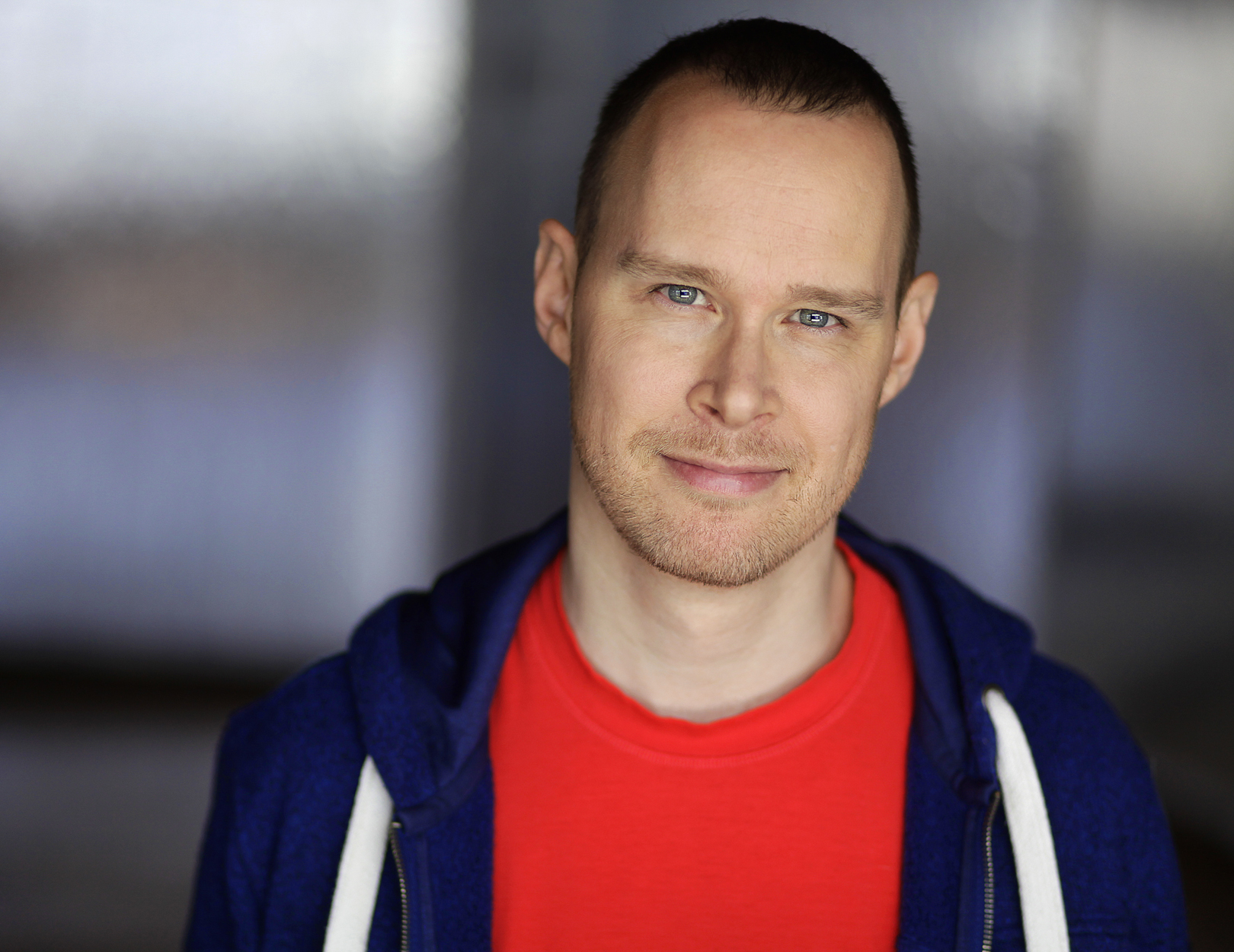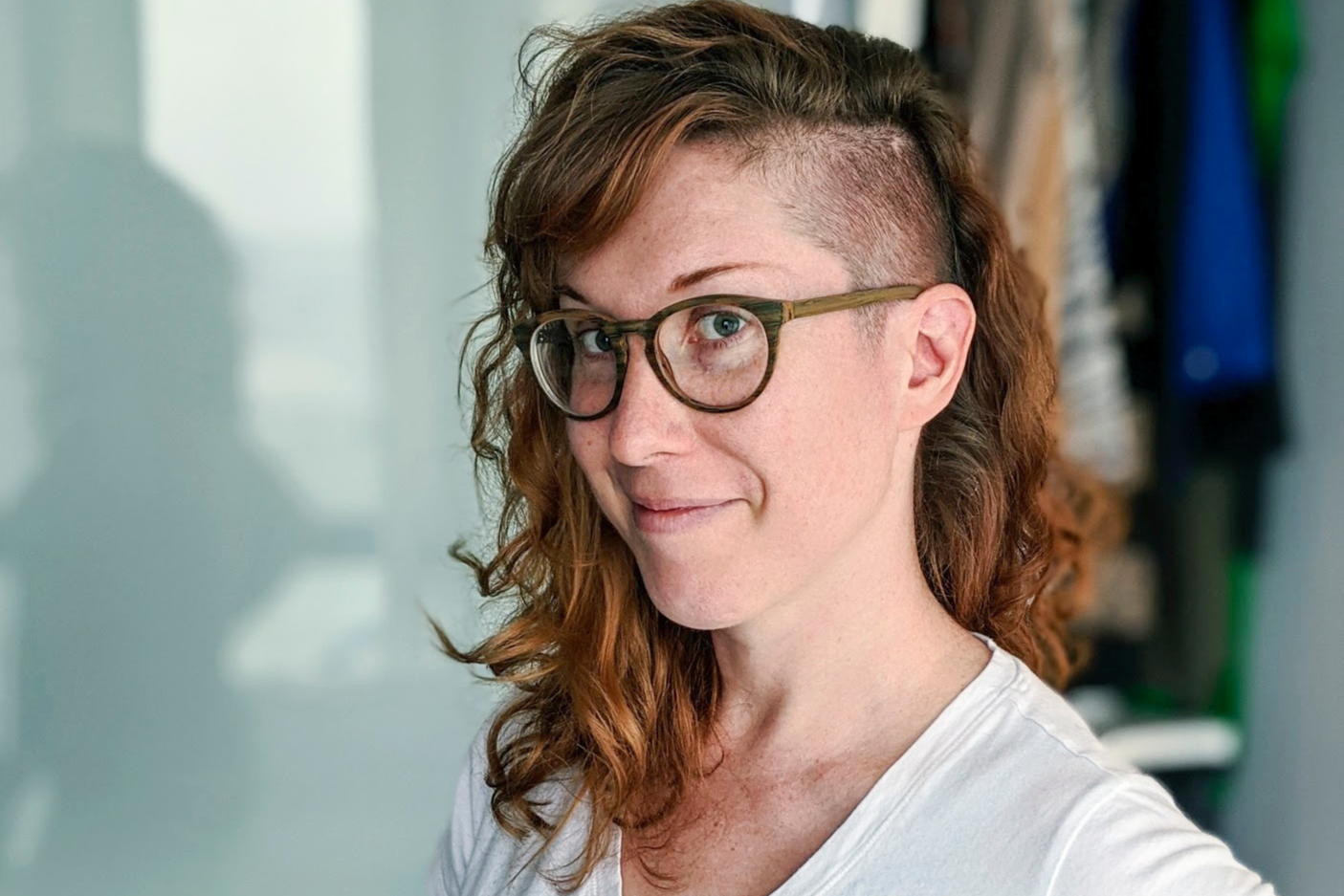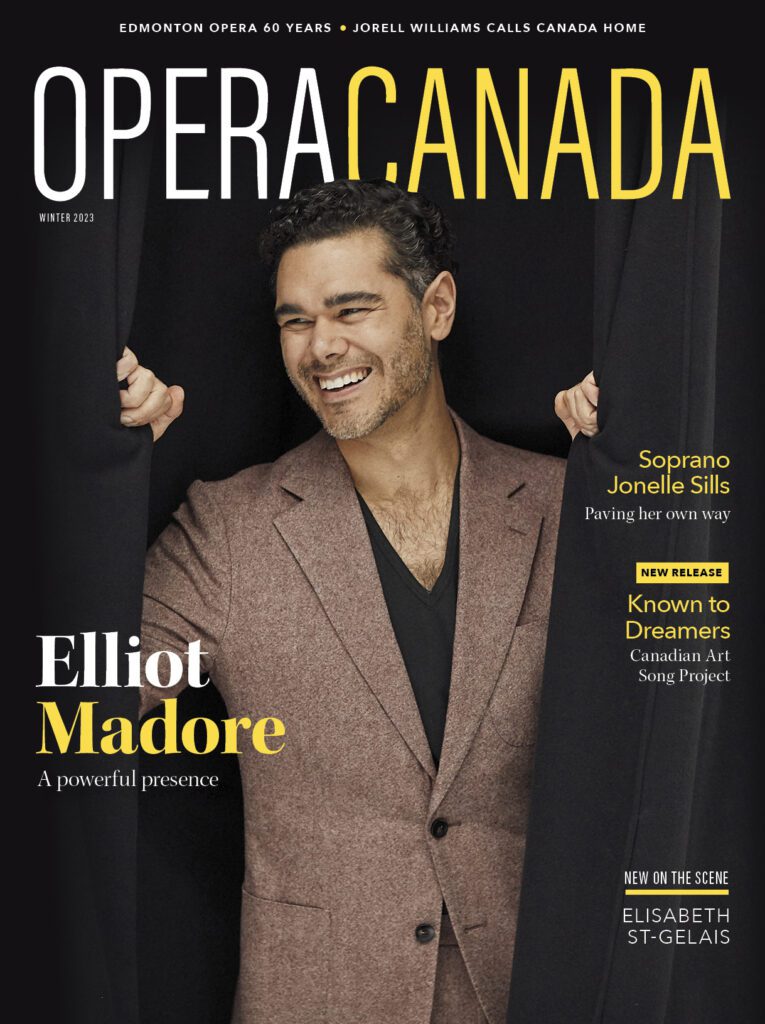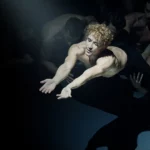As Canada’s artists ready themselves for far-reaching cancellations in the 2020-21 opera season, Opera Canada is checking in. What is the ripple effect of an opera-free season? How many Canadians will call themselves professional artists in a year’s time? How bad has it gotten for freelancing individuals? And are there silver linings? We look for answers in our new series of Q&As, “What’s next?” Next up is tenor James McLennan:
What do the recent announcements of cancelled 2020/21 opera seasons mean for your professional future?
“I received my seventh cancellation this month, and like most singers, my performance calendar is now empty until next spring. That said, there are glimmers of hope: amidst all the cancellations, I’ve fielded a couple of inquiries about future projects. Most of these are being spearheaded by fellow performers, which I take as a good sign. The pandemic has exposed our vulnerabilities as contracted artists. But it’s also prompting us to re-examine our industry’s established models and to ask how they can be improved. If COVID-19 and the BLM movement are teaching us anything, it’s that a better world is not only imaginable, it’s achievable if we work together.
How much time have you spent considering a new career?
“Oh, about 20 years? In all seriousness, I’ve been pursuing a second, tandem career for about a decade now. The vagaries of a career on stage have always been a concern, even before the pandemic. I wanted to make sure I’d never have to give up singing when times got tough (and times have never been tougher!). So I completed a degree in French translation at York University in 2009 and slowly started taking on freelance work as a French-to-English translator.
“I now maintain a roster of regular clients, which keeps me busy in between opera and concert gigs. And these days it’s paying the bills until theatres reopen. I love translation and I find it complements what I do as a performer quite well. Whether I’m translating a text or singing a role, I’m transmitting a writer’s message and style in a way that faithfully conveys their ‘voice.’ I’m also constantly thinking about how languages influence the
way people receive and process information. For example, French tends to favour more
abstract expressions and it loves what writers call ‘elegant variation’ (using synonyms to avoid repetition). It can also handle a less linear telling of events, especially compared to English which is generally much more direct and concise. Song lyrics and libretti texts are not immune to these linguistic conventions, which in turn impact musical composition. Music and language are completely intertwined.
“I often find myself applying my translator’s instincts when developing a role. Take Monsieur Triquet in Eugene Onegin. He deploys his ‘Frenchness’ in an attempt to gain status with Russian party guests, performing his aria in a refined French style and metre. But his poem is actually pretty banal, and that contrast is part of what makes Triquet funny. Plumbing a text for these kinds of clues can help anchor musical and acting choices. So I’d say my work as a translator has expanded and informed my artistic practice. It’s been a good fit for me, for sure.
What plans, singing or otherwise, do you have for the coming season?
“I’m doing my best to stay motivated, taking this time to test-drive some new roles. And I’m exploring the world of online voice teaching. Since 2017 I’ve been a sessional instructor at the University of Manitoba’s Desautels Faculty of Music—my third career, I guess! This year, lessons will be conducted virtually for the most part. But the technology we’re adopting may actually provide certain advantages. The ability to upload videos of practice sessions for critiques might encourage students to practise more. We’ll see! Even during these times of isolation and physical distancing, students are still eager to learn. That’s heartening and bodes well for the future, I’d say.
I’m also finally digging into Philippe Gaulier’s book, My Thoughts on Theatre. I had the opportunity to study with Gaulier in France a couple of years ago (thank you, Canada Council). A clown master and acting teacher, Gaulier is a living legend and working with him was life changing. The book is fascinating to me as a performer but also as a translator: the first half is in French, followed by an English translation by Ewen MacLachian. So I’m nerding out comparing the two versions. In person as in the book, Gaulier’s process can feel confounding and impenetrable, but you emerge from the experience completely transformed. Sort of like reading French literature, I suppose. It’s been good to re-immerse myself in the world of performance, if only between the pages of a book for now! This career is all about staying resilient in between rejections. COVID-19 is the biggest rejection we’ve ever faced, so I think it’s important to be kind to yourself, reach out to others for support and find simple ways to stay connected to your art in the meantime.”
James McLennan









